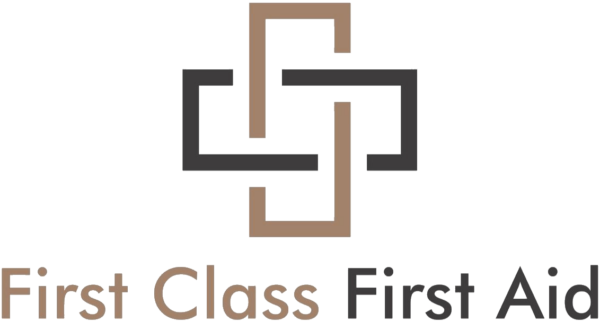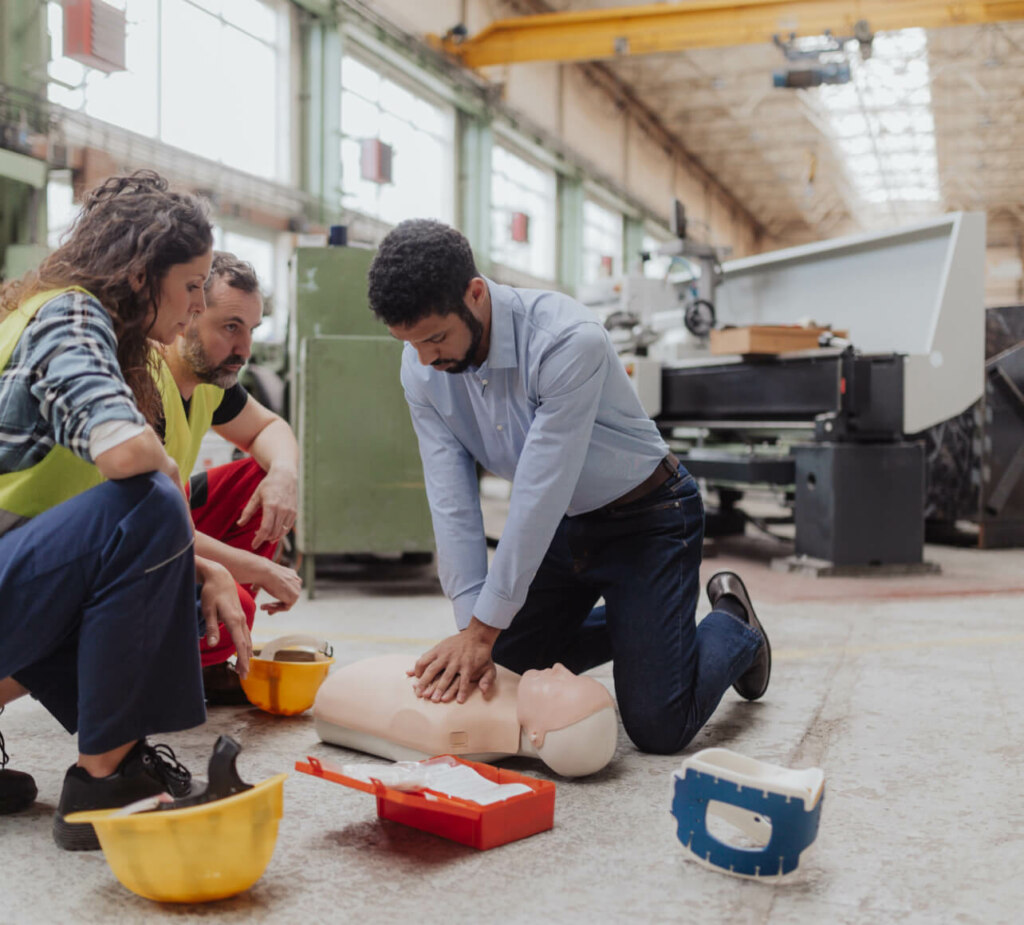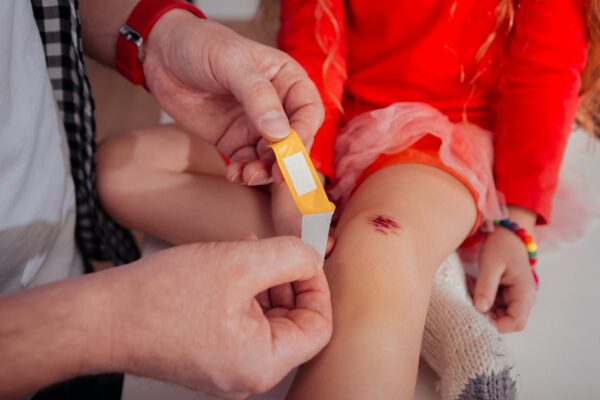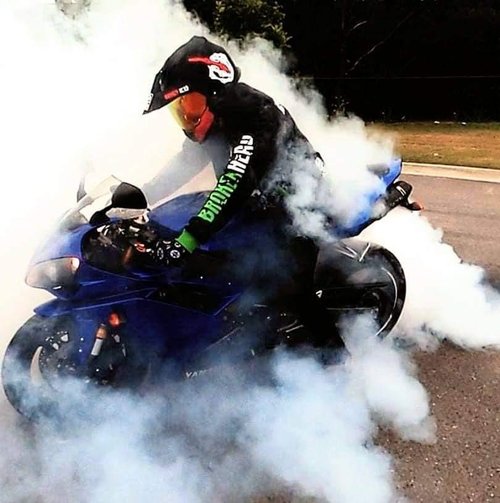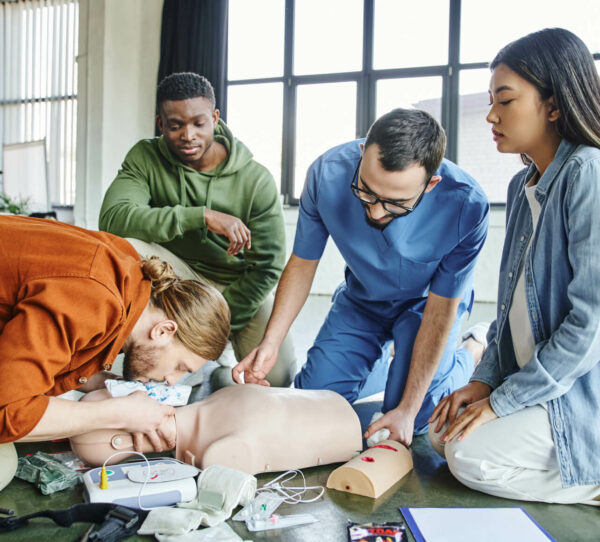Here are some tips on planning a trip to somewhere remote, as I’ve learnt from my 4 years of going to isolated areas in Australia. You never want to be caught off guard, so some basic essentials to keep you on track have been put together as planning considerations if you’re new to travelling remotely.
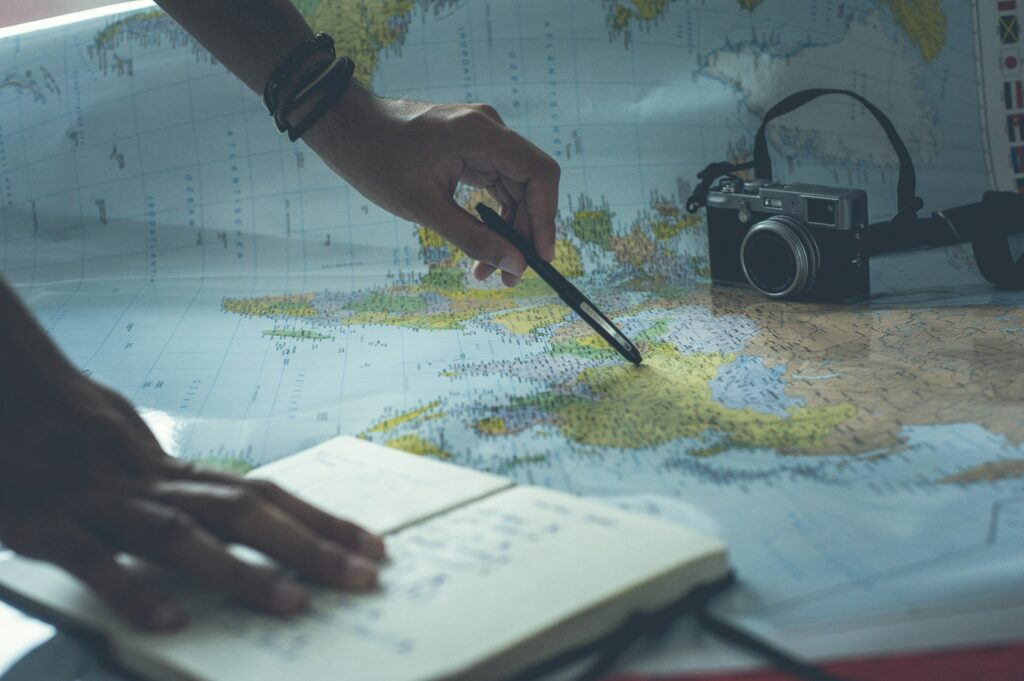
Hygiene is essential. It almost underpins your health when you’re anywhere away from normal showering and toileting facilities. There have been so many times that I’ve been asked to look at chafing, rashes, infection, genital issues and oral conditions that could’ve been avoided with some simple hygiene measures. When you’re planning to go somewhere remote (for example, an extended camping trip, living on a remote island for a few weeks, hiking for a few weeks, etc.), you need to consider how you’ll stay clean and dry.
- Baby wipes and Isocol were a massive help in this area – they’re basic, cheap and smell nice when you’ve gone without a shower after a day of being in the sun.
- Spare clothes—I know it sounds basic, but change clothes as often as possible, especially when you’ve been sweating. If you’re staying in the same place for a while, take some cord and some detergent so you can hand wash clothes.
- Oral hygiene supplies – have you got enough for the duration of your trip (things such as lip balm, toothpaste and mouthwash)
- Clippers—Tearing a nail off and ripping a wound into the edges of your nail buds is a potential source of infection, so take clippers for anything long haul.
- Hand sanitiser—use it before you eat. If you ingest some sort of bacteria, you could end up with gastroenteritis (diarrhoea and vomiting), which can be exacerbated if you’re stuck somewhere without clean toilets, fresh, nutritious food, or extreme environments. It’s not worth the risk of an electrolyte imbalance (or worse) if you can avoid it.
The basics make a difference. It sounds obvious, but ensuring you’ve made a list and checked it twice before you leave will ensure you have enough fuel, water, food and communication devices. A decent first aid kit is a must! If Australia’s estimated 66 deadliest species of animals (1) aren’t enough alone to prepare for, medical emergencies and musculoskeletal conditions can occur anywhere at any time. We have some great resources on what to pack and prepare for certain terrains.
Communication is key. Ensure that you have a decent plan of communication. I’ve been left without access to reception or reliable radios on many occasions, so the safety net of “just calling someone” when you’re in a rural area is not always an option. It pays to look into different devices and have more than 1 option for reaching out for help. Considering things such as how long the battery lasts, whether is reception, whether this device is visible at night, whether it will work in a storm, and whether it is easily heat affected will make a difference to the safety of what you’re planning.
Know your plan. It’s essential to plan your trip and know some key details, such as where you’re going and what’s your backup plan (for example, if a road is blocked behind you, you break down, or someone gets injured). We recommend taking a map with you, just in case, and make sure you mark out your stops. Knowing what your emergency plan is – where will the closest hospital or health clinic be, will you require air evacuation, how will you get in touch with emergency services, etc?
Ensuring you have a resupply if you’re going to run out of food, water or fuel at some point along the way and knowing where that is is essential. It is also safe practice to fill someone in who is not going on your trip, for example, if you’re hiking through the national parks – let your closest ranger station know where you are going and when you’ll be back. Lastly, learn some basic fixes – such as how to change a tyre, how to provide first aid, how to use your emergency beacons etc.
